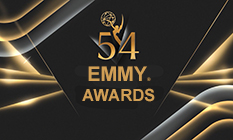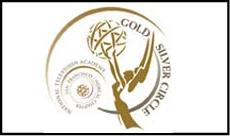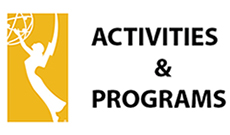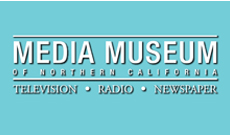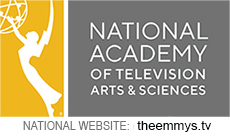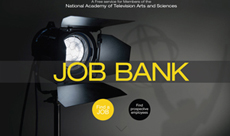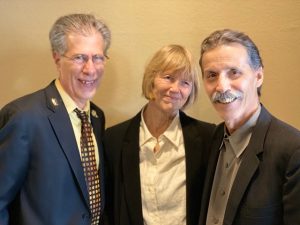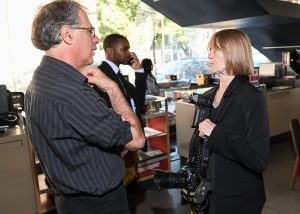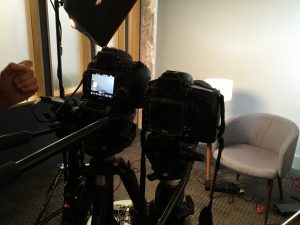MEMBER BENEFIT
By Steve Shlisky
Chapter President
Professional life is an evolution. My childhood spent with a friend’s dad’s super 8 mm camera (making clumsy, scratchy, sometimes out-of-focus, and often undecipherable movies) unfolded as a lifetime vocation. Along the way I collected mentors: teachers; books; cinematographers; editors; and a father with an insatiable affinity for movies. As I matured through my forty plus year long professional career, the work evolved, seasoned, and recognized beyond family applauded work.
Retired for one year, I have now entered into a Golden Years period of the media life. The creation of content is less seductive, working with others to build skill sets is compelling. Teaching others, wearing that mentor cap points the trajectory at an acute angle.
Susan Bradley is a photographer. Much of that professional learning has come from Laney College Professor and Chapter Governor Mike Moya. You have seen Susan applying her craft alongside Ken Newberry and Moya at the Emmy® Galas, Gold & Silver Circle Induction Luncheons and other Chapter occasions.
I began photographing for NATAS Gold & Silver Circle in October 2017 as a result of advanced Photography classes with Mike Moya at Laney College. I have continued to photograph the subsequent Emmy® Galas, Gold & Silver Circle Inductions, and other NATAS events.
Susan wanted to learn all of what her Nikon Dx40 camera could do and so she entered my DSLR filmmaking class at Laney College. She already knew how to compose photographs. Transitioning that expertise to moving video has been the challenge. Of course learning to edit video is a bigger leap.
Through the NATAS sponsored program Susan and I developed a mentor/mentee relationship. Susan says: “I recognized immediately the value of such a program as an opportunity beyond the scope of a classroom, and potential connection to the larger Professional Media community.”
Susan will be 68 years old this year and welcomes the chance to embark on a new professional episode: “Both Steve and Mike have been more than generous with their time and ease of access.”
Summing up the entire experience Susan affirms:
I think in some ways a mentor is like a dance instructor who has brought the student through the lessons and rehearsals to their first recital at the beginning of their professional career. The relationship can assume the groundwork has been laid. The next stage is the transition from student to professional. Remembering the beginnings of their own careers, successes and failures, and the accumulation of wisdom through experience is what they have to offer. I believe in the idea of “standing on the shoulders of giants.”
And what has Susan learned from this relationship? “There are some things I now always hear in my head such as: ‘You can do this!’ ‘Fail and learn from that, you will get better.’ ‘Learn to tell the story, think in threes.’ ‘You have everything you need to do the job.’ ‘Have fun.’”
Recently Susan has bid and won a couple of video jobs. Her first paid video assignment is for the Center for Elder Independence (CEI), located in downtown Oakland. Susan is creating a training video for adults seeking to help their elderly parents. CEI will re-hire Susan for a couple of other still and video jobs as well. She has her second and third clients now. The Oakland Ballet asked her to shoot their rehearsal and performance at Oakland’s Paramount Theatre, and the Asian American Native American Pacific Islander Serving Institution has hired her to shoot a “Get Out The Vote” video.
I continue to work with Susan, navigating her new skill sets and the business acumen necessary for continued success. Susan says: “It has exceeded my expectations. This is beyond the scope of a classroom environment.” This semester Susan assists me in my Beginning Video Production class.
Susan’s video production line is now in a second phase. The first jobs were about getting confidence and what to charge clients taking a chance on a novice shooter. Now as Susan has revised her demo reel, she can think about moving toward a higher professional rate.
In years distant, guilds and apprenticeships were far more common than now. I see the program as a tool to bring the value of those relationships back. Assembly line educational programs can only go so far. I think the program is for anyone who is ready to bring their desire and drive to bring the educational experience into the real world. I would recommend the program as a mechanism to work in “real time” with “real world” expectations and support.
—
“Mentor Match” is easy. Members communicate some basic goals and skills they feel they need to enhance their career, and NATAS connects them with professionals either in their own market or the Chapter’s other markets.
Email the Chapter office to be a Mentee, or a Mentor.
Thank you Steve Shlisky, Chapter President and Mentor.
Read about other successful mentee experiences in the NATAS Mentorship Program:
Abel About Mentorship: ‘For Everyone Who Wants To Improve’
and
Gurajpal About Mentorship: ‘What I Needed To Hear’
Mentees and Mentors, contact the Chapter office!


